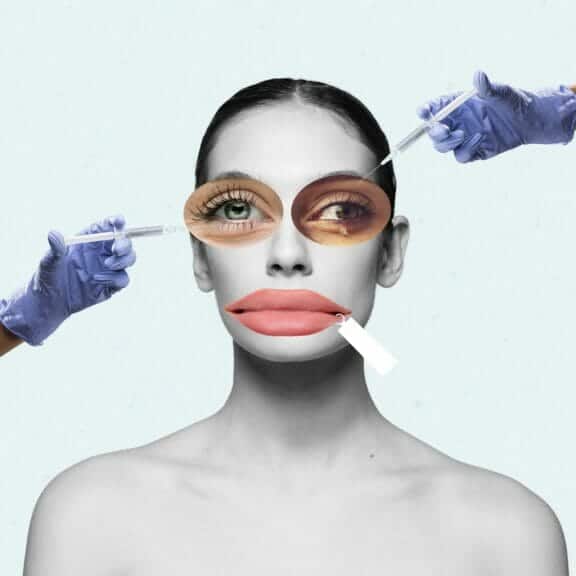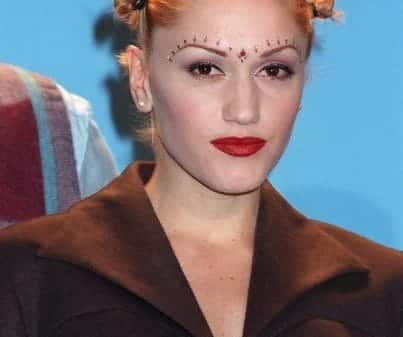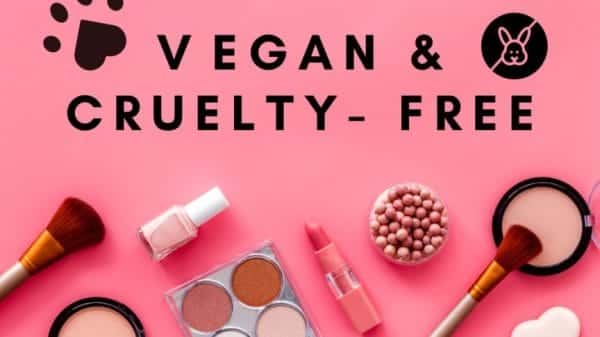From a 10-step long skincare routine to wearing SPF daily to our obsession with gyms and plastic surgery, meeting today’s sky-high beauty standards is a full-time job. But with these commitments to beauty adapted from a young age also comes the possibility that the image we currently have of “old people” may look very different in a few decades’ time.
Long-Term Sunscreen Use May Radically Change What Old People Look Like In The Future
For many years, skincare experts have emphasized the importance of wearing sunscreen to protect the skin from the sun’s damaging rays.
According to a study conducted by researchers at the Center for Disease Control and Prevention, around 30% of women and 15% of men wear sunscreen regularly on both the face and other exposed areas of the skin.
These numbers may not sound too promising, but they’re a drastic improvement from previous decades. Skincare experts have also praised retinol and its ability to increase skin cell production, thereby helping people have a youthful appearance for longer. Many Gen Z and Millennials have flocked to the product in hopes of preventing early signs of aging.
Due to these practices adapted early on, it is likely that by the time Gen Z and Millenials reach their 70s and 80s, they will have much younger-looking faces than previous generations.
Our Collective Fear Of Aging
Our collective participation in beauty culture isn’t just by chance: there are certain looks the media pushes on us from a young age that encourages us to look a certain way. A young, white, skinny, and cis-gender often encapsulates that look. With meeting those beauty standards come certain privileges that you can gain as easily as you can lose.
A study conducted in March 2006 titled: “Why beauty matters” states:
“if someone is easy on the eyes, the enjoyment we derive from looking at them colors our perceptions of other attributes.”
Mobius, Markus, M., and Tanya S. Rosenblat. 2006. “Why Beauty Matters.” American Economic Review, 96 (1): 222-235.
There has also been a plethora of research supporting the idea that beauty can elevate any aspect of someone’s life: from job prospects to how people treat them and perceive them to their self-confidence.
After all these findings, it is no wonder why individuals may look to extend these advantages well past their youth.
The Pressures To Stay Young
How the media treats aging celebrities, particularly female ones, may be another deterrent to aging for most people.
Who can forget actress Maggie Gyllenhall’s shocking revelation that at the age of 37, she was turned down to play the role of the lover of a 55-year-old man because she was deemed “too old.” Many older women in Hollywood aren’t unfamiliar with being snubbed from roles due to their age.
The pressure to stay young will certainly contribute to the way senior citizens will look in a few decades’ time. But with the rise of inclusivity, we also hope Gen z and Millenials will be able to accept and love their aging bodies.














